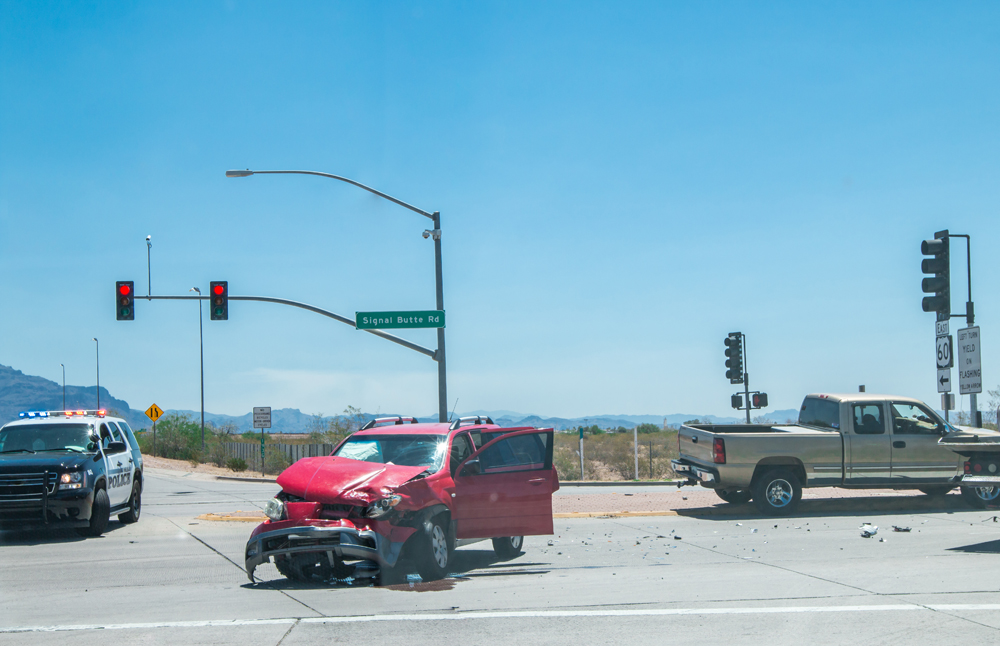The US has a poor pedestrian safety record.

A new report highlights the road safety failings for pedestrians in the US - image © courtesy of Mike Woof
Florida has a particularly poor record for road safety compared with other US states. According to a recent report by the National Complete Streets Coalition and Smart Growth America, Florida’s record on pedestrian safety is the worst in the US.
The report is damning, highlighting the fact that Florida has the highest risk for pedestrians being killed in a crash, with Alabama being second and New Mexico as third worst. Of the US urban areas, the Orlando-Kissimmee-Sanford region has the highest rate of pedestrian deaths at an average 3/day for the 2010-2019 period. There were 5,893 pedestrian deaths in Florida in the 2010-2019 period, compared with 936 in Alabama and 626 in New Mexico. While some US states had very high overall death rates for the period (notably California with 7,891 and Texas with 5,308), they have larger populations and lower fatality rate/head of population than either Alabama or New Mexico.
Between 2010 and 2019, 53,435 pedestrians were killed in the US in incidents involving cars. This equates to more than 17 pedestrians being killed/day on average. The report is titled Dangerous by Design and highlights the failings in terms of road safety right across the US.
The report states: “In the past decade, the number of people struck and killed while walking increased by 35%. Though fatalities decreased ever so slightly in 2017, the last two years on record (2016 and 2017) were the most deadly years for people killed by drivers while walking since 1990.”
According to the report, a key issue is that departments of transport across the US have prioritised traffic flow over safety, with a resulting increase in pedestrian casualties.
Worse still, the preliminary estimate from the National Safety Council is that deaths on roads in the US will have increased in 2020 by some 24%. The full data for 2020 will only be available at the end of 2021 however.












